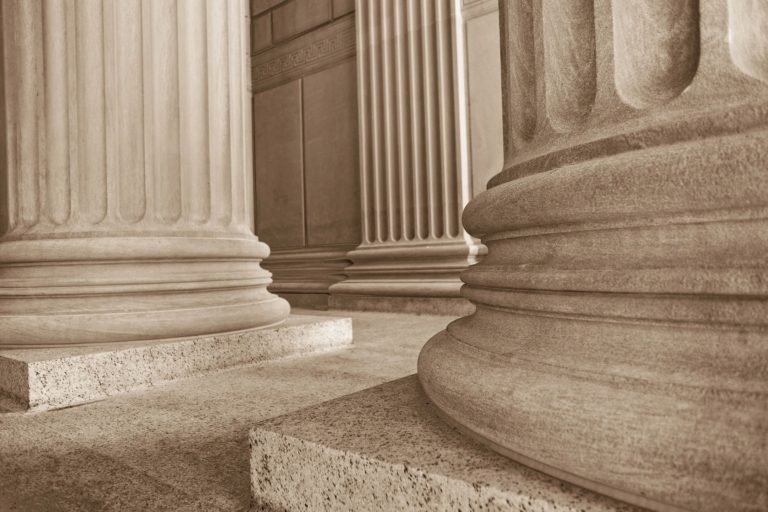In the wake of the killing of George Floyd and amid calls for greater social justice, the U.S. stock markets climbed, to the dismay of many.
The market failed to respond to the protests and that is evidence of systemic racism on the part of predominantly male white market players. The markets need to acknowledge their central role within a system that is systemically racist and a system must be created that penalizes corporations for being socially unjust.
White ideologies embedded in the American economy infect every aspect of our economic system. Financial markets reflect the society in which they exist — less than 3 percent of senior-level management positions in the finance industry are Black. That is a strong example of racial injustice in the financial markets.
It has a ripple effect. Only 34 percent of Black households have a retirement account, and around 50 percent of Black households do not have bank accounts or are underbanked because they do not have enough money to meet minimum balance requirements.
OpenInvest, a registered investment advisor, has proposed a metric for racial justice and examines everything from hiring and promotion practices to marketing. PepsiCo did this when they retired its Aunt Jemima brand of food products because of brand imagery with origins in racist stereotypes.
While personal awareness of racism and biases is a good start, racism must be overcome by organizations.
Business leaders need to understand that they must question not only whether specific individuals hired in their organizations are overtly racist, but also how, not if, their organizations perpetuate systemic racism in order to overhaul an ancient system and make their companies more accessible, fair, and equitable for the underprivileged and disadvantaged.
Financial Markets Can Impact Social Justice
- 02/08/2022
- 1:47 am
admin
Thinker & Designer
Share on facebook
Share on twitter
Share on pinterest
Share on reddit
Recent Posts

10 August, 2022
Mitchell Hamline School of Law in St. Paul, Minn. this summer accepted their first incarcerated student....

09 August, 2022
Financial inclusion is the term used for efforts to make basic banking and financial products safe, affordable,...

08 August, 2022
According to NYN Media, New York City should work with unions and re-entry providers to provide work...

05 August, 2022
Southern California is based on a reputation for offering its citizens the promise of education, jobs,...

04 August, 2022
After the murder of George Floyd ignited nationwide protests, corporate America promised to take an active...

03 August, 2022
President Biden signed Executive Order 13985 on his first day in office. That order advances racial equity...

02 August, 2022
In the wake of the killing of George Floyd and amid calls for greater social justice, the U.S. stock...
No posts found



